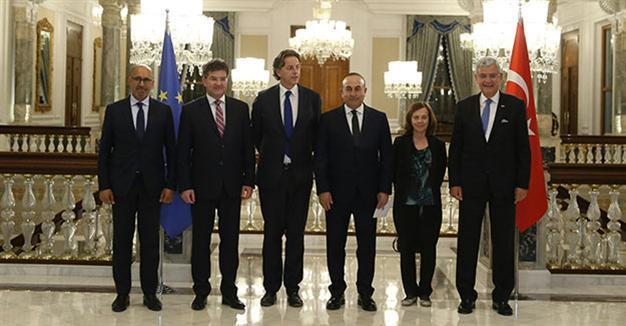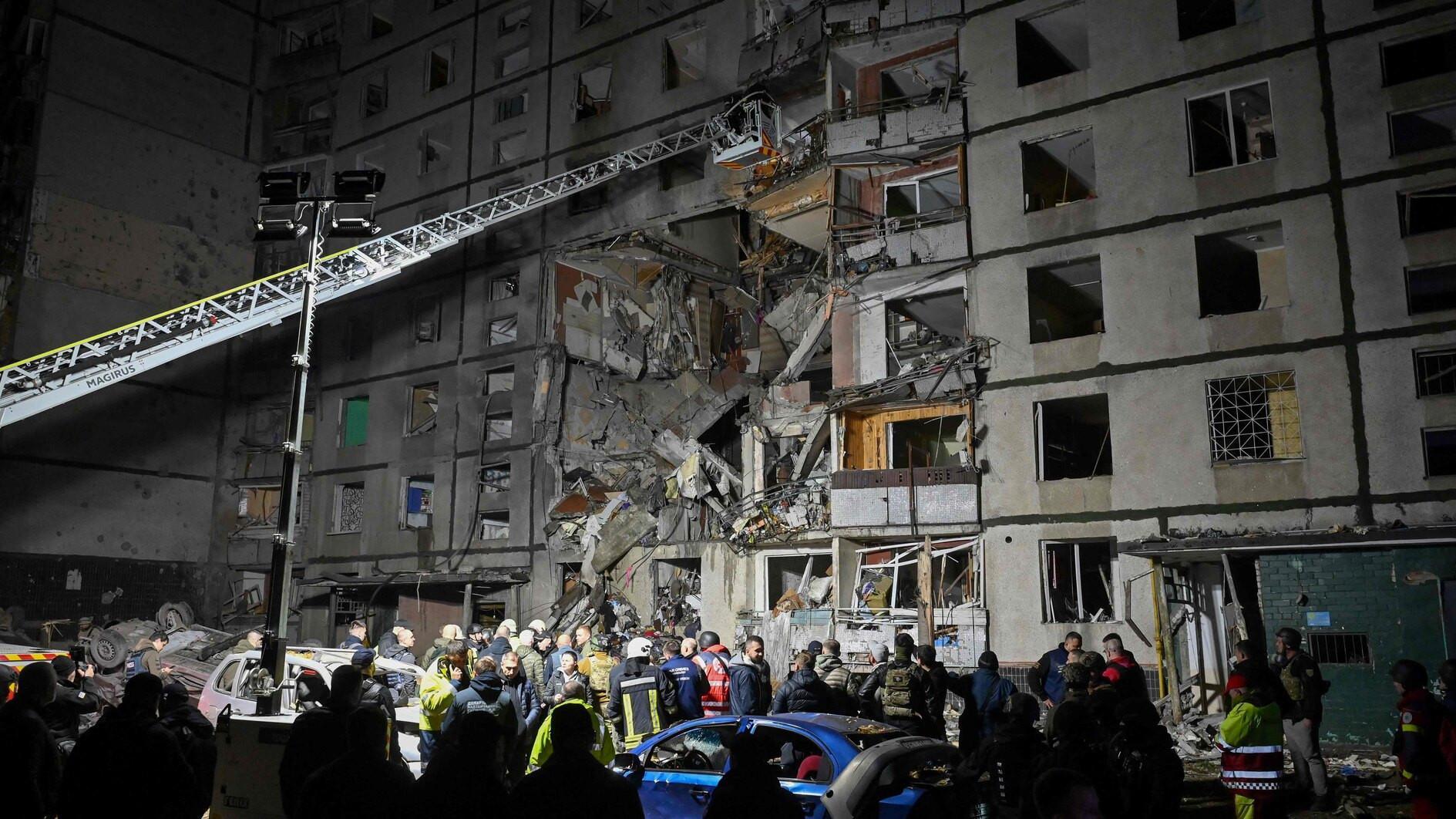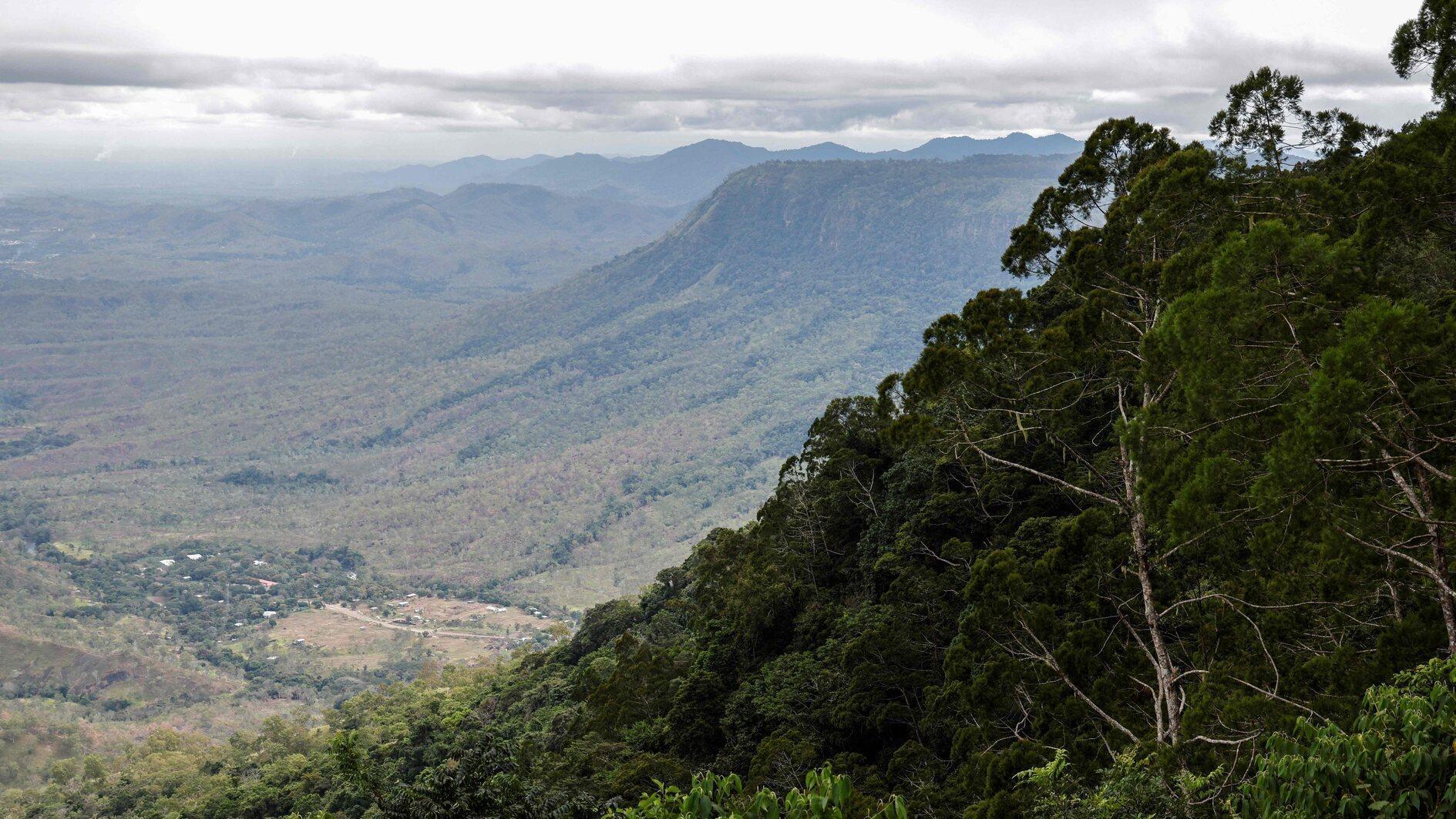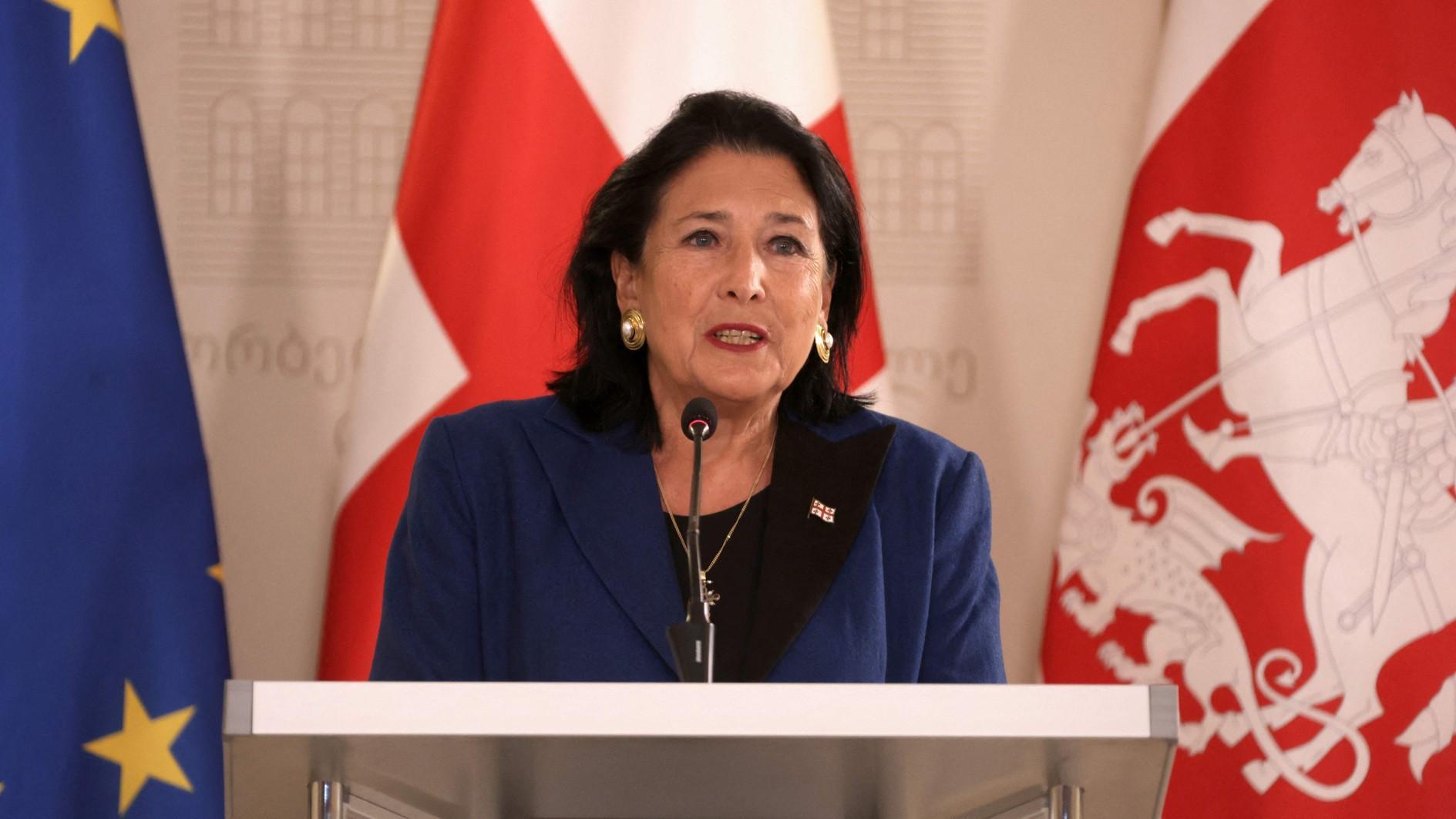Turkey, EU discuss migrant road map ahead of summit
ISTANBUL

AA photo
Turkey’s foreign and EU ministers have met with ministers from across Europe in Istanbul to discuss the handling of the migrant crisis ahead of an EU ministers meeting in the Netherlands on April 11-12.Foreign Minister Mevlüt Çavuşoğlu and EU Minister Volkan Bozkır hosted ministers from the Netherlands, which holds the EU presidency, France, Slovakia and Portugal on April 9.
“Preventing irregular migration and encouraging regular and controlled migration is one of the main subjects between the EU and Turkey,” Çavuşoğlu said ahead of the meeting.
“We have a road map regarding this issue, which has been implemented since April 4, and we will continue to monitor the situation,” he added.
The Turkish foreign minister said EU-Turkey relations “have gained a new momentum, and we are going through an intense process.”
Turkey and the EU have held three summits in recent months.
Dutch Foreign Minister Bert Koenders, accompanied by Slovakian Foreign Minister Miroslav Lajcak, French Secretary of State for European Affairs Harlem Desir and Portuguese Secretary of State for European Affairs Margarida Marques, said economic, energy, human rights, legal and foreign policies were among the topics discussed but the focus was on refugee issues.
“We have agreed we want to end the business of smugglers,” Koenders said, adding the EU ministers had arrived in Turkey after visiting Greece to see preparations to implement the refugee deal struck between the EU and Turkey.
The agreement allows for the return of “irregular migrants” to Turkey from Greece in exchange for Syrian refugees to be relocated within the EU. The resettlement program began on April 4.
“I think we had a good beginning to this arrangement and we are very pleased here today to be in Turkey to also discuss the issues of relocation, of resettlement and also of finding a legal way to have Syrian citizens from Turkey coming into the European Union,” Koenders added.
“I want to underline the hospitality of the Turkish Republic and the Turkish people in hosting more than two million refugees.”
Bozkır will attend a meeting of EU ministers on April 11-12 in the Netherlands, where the main focus will be on the migrant crisis and the deal between the EU and Turkey.
The aim of the Turkey-EU deal is to discourage people from making the perilous Aegean Sea crossing in flimsy boats by presenting them with the threat of deportation straight back to where they came from.
According to statistics released on April 8 by the International Organization of Migrants (IOM), more than 152,000 people have arrived in Greece from Turkey by sea since Jan. 1, nearly three-quarters of whom were Syrians. Another 366 people have drowned en route.
However, the number of migrants arriving at Greek islands has dropped in recent days.
The Greek coast guard reported that April 5 was the first day without migrant or refugee arrivals by sea since last year, according to the IOM.
The fall in numbers has helped, as Greece is facing an “enormous task” in identifying, housing and processing those who have already arrived, Greek Europe Minister Nikos Xydakis told reporters at a joint press conference with six visiting European counterparts.
Italian European Affairs Minister Sandro Gozi said his country and Albania were working closely to prevent the creation of a “new migrant route” via the Greek-Albanian border.
The EU-Turkey deal was negotiated after a series of Balkan countries closed their borders, including Macedonia, which had been a key point on the trail for migrants heading to northern Europe.
“We haven’t seen any specific increase on [the migrant flow] through Albania,” Gozi said after the meeting with his counterparts to take stock of the migrant crisis.
“But it’s very important to strengthen our cooperation between Italy and Albania. We are working very closely not to find ourselves taken by surprise when we know that there is the possibility of a new route of flows,” he added.
















